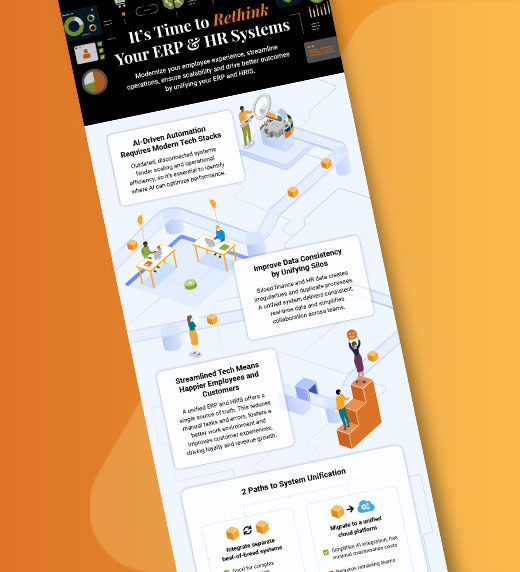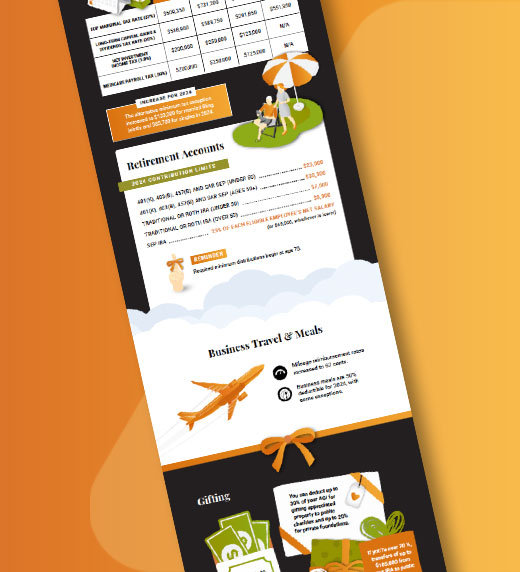
Cloud computing is all the rage these days, but what does this new trend really mean for your business? The economic and competitive advantages of cloud computing are clear, particularly for small to mid-sized businesses; but is this form of digital outsourcing the right alternative for your business? Here are a few thoughts to consider that might help you clear the air.
Legendary folk singer Joni Mitchell once said she had looked at clouds from both sides and concluded that “I really don’t know clouds at all.”
If you have questions about clouds, or more accurately, The Cloud, you should definitely look at it from all sides before making a decision about whether having your data on a third-party server is your best alternative. The poor economy has accelerated the migration to the cloud for many businesses seeking to optimize their operations and improve expense ratios.
The cloud is a popular term, generally synonymous for Software as a Service (SaaS). It delivers robust applications over the Internet and is accessible by Web browsers. Most providers include full enterprise quality support and maintenance, licensing, and depending on the provider and the nature of the client’s business, customized user interfaces and configurations are possible.
Other additional cloud options include Platform as a Service (PaaS), which allows developers to deploy applications without worrying about the management of underlying infrastructure. Infrastructure as a Service (IaaS) makes raw computing resources, such as processing power and storage available over the Internet.
Half of CFOs surveyed by CFO magazine believe that cloud computing will “ultimately enable a significant restructuring of their companies’ IT strategies, notes Matt Chavez, audit partner at Armanino’s San Jose office. Chavez, who works extensively with cloud clients says that “Cloud computing is growing and the industry is maturing rapidly. However, some issues have cropped up lately.”
Chavez was referring to Amazon Web Services’ cloud outage for its computation and relational data base services that began on April 21, 2011. The outage lasted four days and interfered with a number of Web sites. Media portrayed the incident as a cautionary tale for providers who took note and are already stepping up efforts to improve designs to make systems fail safe. Industry leaders said that in the long run, the Amazon outage will make cloud systems more reliable.
Still, “for a few businesses, particularly those that operate in highly regulated or security driven industries, or with mission critical applications, cloud may not be the best alternative,” Chavez said.
But for many businesses, Chavez says cloud is a viable, cost-effective alternative. Here’s why:
Cost – Cloud computing is particularly suited to small and medium-sized businesses (SMBs) due to its low Total Cost of Ownership (TCO). SMBs can eliminate internal costs associated with proprietary IT.
Scalability – Cloud systems can easily transition between high and low demand.
Universal access – Cloud programs allow use by any device, at any time, in any location round-the-clock from anywhere an Internet connection is available.
Self service – Resources can be accessed by users with no intervention from the vendor.
Pay-for-use – Called “metering” this means billing is based on consumption, allowing customers to control costs.
Evaluating Cloud Providers
While The Cloud offers tremendous benefits over traditional on-premises computing, many decision makers are rightly concerned about relinquishing control of their data to a third party provider. Thousands of users are finding security to be a non-issue as Cloud providers become more sophisticated about security, encryption, privacy, data ownership, and the risk/reward equation for clients.
If you’re analyzing Cloud products for your company, here are some questions you should ask vendors as you move ahead:
Business requirements – Determine whether the vendor’s products is a fit with your business needs and workflows. Every business is different, in some cases unique, and your cloud vendor should be able to meet your specifications. So ask whether the applications meet the functional requirements of your business and its ever-changing needs going forward. If you have to significantly alter the flow of your work, the vendor may not be the right one.
Reliability – Perform due diligence on the vendor because it will become a close business partner. Does it look like it will be around for many years, or is it too unstable as a business? Ask how reliable the vendor is; whether it reveals a physical location and contact information (preferably with a real person collaborating with you); information about top management and their track record; number of customers; whether reputable investors are supporting the company; and whether the company is active in blogs and social media.
Availability – If you’re used to a proprietary IT system, you know you have significant control over availability. Your Cloud vendor should have multiple copies of your data to ensure retrievability if there is a catastrophe or systems failure. Find out if the vendor offers a service level guarantee for system uptime; whether the vendor publishes system updates on its Web site; offers compensation for significant downtime and outages; number of data centers and their locations; whether there is a disaster recovery plan in place; and whether you can still extract and export your data in a usable format.
Upgrades, maintenance, outages – Are upgrades, maintenance and routine outages performed during off-hours? Frequency and length of maintenance and updates; notification of updates and maintenance; and levels of support during extended or unscheduled downtime.
Security – Probably the most important information you can get from your cloud vendor. Ask about the vendor’s approach to data security; procedures in place at data centers; number of technicians with access to data and how well technicians are trained; user authentication; layers of encryption; does the vendor have its security vetted by third-party professionals? Very important: is the vendor compliant with regulations that apply to your business?
Privacy – Both privacy of user information and the data itself are important to secure. Ask about the vendor’s privacy policy; probe for knowledge about privacy laws in countries where you do business; whether the vendor uses customer data to promote its business and whether it sells data to third parties; and vendor policies related to legal intervention such as subpoenas for data.
Data ownership, integration, and customization are also areas of importance to any business. Be sure to find out your vendor’s policies and capabilities in these areas. Cloud computing is still evolving, but many vendors have offerings that are very secure and flexible. If you’ve been considering cloud computing for your business, these questions will help you gather the information you need to make the right decision for your enterprise.
June 14, 2011


